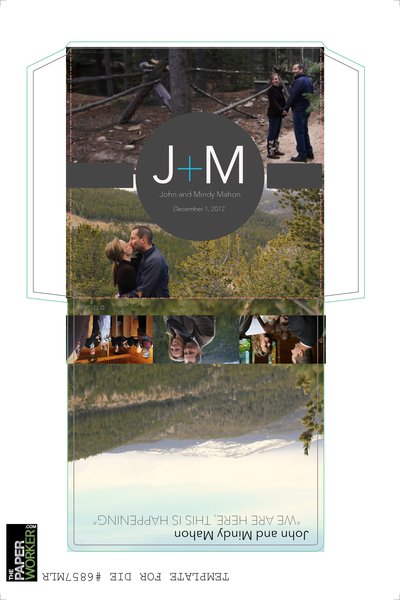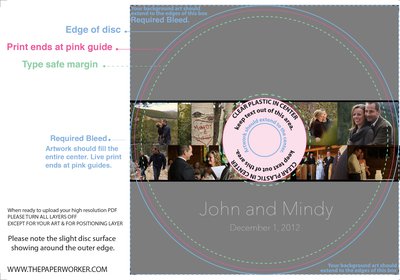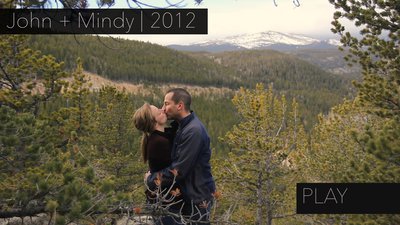ok ill give you a low down on what i think since i was in your exact spot over the summer.
1. Equipment:
it sounds like you have it all pretty well covered as far as stabilization and what not. having two bodies is a great idea. get a fast 50!!! the 50mm 1.8 for only 100 bucks is going to be your life saver. during the reception i was filming, it got dark outside pretty quick and it just so happened the photog who got me the job, a buddy i skied with, let me use his 50mm 1.4 and it was a life saver! so pick up a fast lens. 50mm is perfect for the video side of weddings and it will be a must during the reception or if anytime you may be indoors.
make sure all of your batteries are charged and cards are empty! i ran out of card space just before my battery died in the last few minutes of filming i needed so i was lucky, but not risking a 1 card and 1 battery time ever again.
also, weddings happen very fast in terms of the big main events (ie. cake cutting, toasts, boquet toss, etc.) so its not a bad idea to have a zoom lens on in case you need to make some quick adjustments, or above all, know when and where things are happening so you are ready, which brings me to my next point.
2. Be Prepared
its a good idea (a must if you can) to talk to the bride and groom during the rehearsal dinner the night before so you know exactly how things are going to roll, how much time they will take, and whereabouts they will be happening. that way you can plan things out in advance and see the venue and get an idea of how lighting may be, angles you can use, and lenses to use so that way when you are in between major events, you waste no time fiddling or looking for what will be the best shot. its like storyboarding a movie, but keeping in mind you only get one take.
3. The Ceremony
this is where it can get tricky because everything else you can shoot several times. the ceremony however, only happens once and will be surprisingly fast if you aren't ready. after you talk with the bride and groom and find out how its all going down, you might want to set up one stationary camera to cover the whole ceremony on the bride and groom (could be medium or tight shot down the isle), while using the other camera either on the glidecam or for close ups of them and various angles of random stuff to cut back and forth in between. this way you keep it interesting when you are editing that part of the video.
the audio will be key. if there is a dj, you might be able to get a recording straight from the microphone of the pastor or whoever marrying the two so that way its super clean and you dont have the kids in the back screaming ruining your rode mic sound from your stationary camera. that sound will be important tho if you can layer it behind a clean track of the actual ceremony. another good idea would be to rent or borrow some lav mics to put on the minister or i have considered using like a h4n zoom recorder and placing it somewhere to pick up all the alter audio but somewhere where no one will see it. lavs will be your best bet tho because audio is important.
4. Have Fun
lastly, weddings are happy times and there is no need to stress over anything. don't take advantage of the open bar until you have all of the important shots covered and don't be afraid to film everything and get friends and family having a good time as well (especially parents and close family members).
weddings are fun as hell to shoot i think and if you get more footage than you think you need, editing will be very easy. good luck man, hope this long ass post helps a little bit













